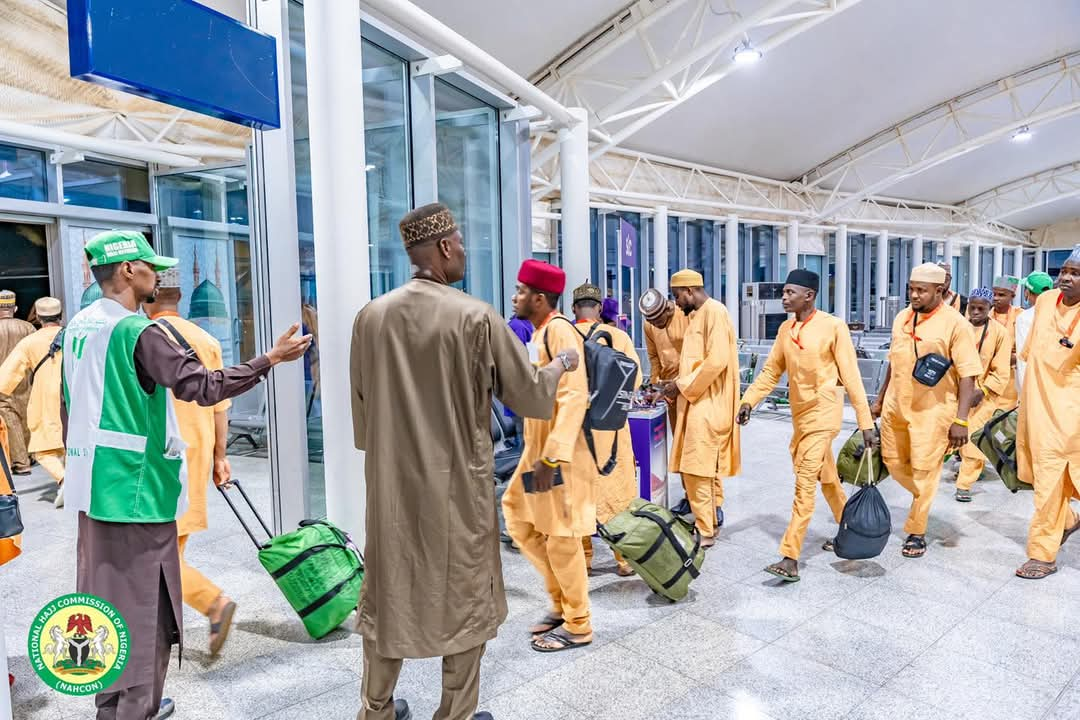Highlife Legend Mike Ejeagha Dies at 95; Tributes Pour In

Legendary Nigerian highlife musician and iconic folklorist, Mike Ejeagha, affectionately known as 'Gentleman Mike', has passed away at the age of 95. The revered creator of the timeless tune 'Gwo Gwo Gwo Ngwo' (also known as 'Ka Esi Le Onye Isi Oche'), died on Friday night, June 7, 2024, leaving behind a monumental legacy in Nigerian music and Igbo cultural preservation.
His death was confirmed by his eldest son, Emma Ejeagha, who stated that the music icon passed away around 8:00 p.m. at the 32 Garrison Hospital (also referred to as 82 Division Military Hospital) in Enugu State. The family revealed that Mike Ejeagha had battled a prolonged illness, specifically prostate cancer, since 2006. Emma Ejeagha also shared that his father had instructed him not to embalm his body or keep it in the morgue for an extended period.
Born on April 4, 1930, in Imezi Owa, Ezeagu Local Government Area of Enugu State, Mike Ejeagha carved a unique niche in the Nigerian music landscape by masterfully blending traditional Igbo proverbs, folktales, and wisdom with the vibrant rhythms of highlife music. His distinctive storytelling style, often carrying moral lessons, made his music both entertaining and culturally enriching, earning him widespread respect and admiration across generations.
Ejeagha discovered his passion for music early in life, initially playing the ogene (gong). He later joined the Coal Camp Boys, a local music troupe, served as a guitarist for renowned musician Joseph Ogbu, and eventually formed his own music group. His career flourished further when Atu Ona, then Controller of the Nigerian Broadcasting Service, invited him to host a radio programme titled 'Guitar Playtime'. He also gained national prominence as a guest presenter on the Nigerian Television Authority’s Igbo-language program ‘Akuko N’Egwu’ (Stories in Music) in the early 1970s, where he narrated stories through his songs.
Throughout his prolific career spanning over six decades, Mike Ejeagha recorded over 300 songs, many of which are preserved in the National Archives of Nigeria as part of a UNESCO-endorsed effort to safeguard indigenous music. His hits, including 'Omekagu' and 'Uwa Mgbede Ka Mma', dominated airwaves in the 1980s, cementing his status as a cultural icon.
In recent times, Ejeagha's music experienced a significant resurgence, largely due to popular skit maker Chukwuebuka Emmanuel Amuzie, known as Brain Jotter. Brain Jotter introduced a viral dance challenge based on Ejeagha's 1983 track 'Gwo Gwo Gwo Ngwo' ('Ka Esi Le Onye Isi Oche'), which sparked renewed global interest in the folklore classic. The four-decade-old song subsequently charted on Spotify Nigeria, bringing fresh accolades to the veteran musician.
This renewed popularity prompted a wave of goodwill. The Enugu State Governor, Dr. Peter Mbah, paid a courtesy visit to the ailing legend during his lifetime and honored him by reconstructing and renaming Obinagu Road in Abakpa Nike, Enugu, leading to his residence, as Chief Mike Ejeagha Road (and the adjoining Chief Mike Ejeagha Crescent). Brain Jotter and other well-meaning Nigerians also extended financial support to him.
Tributes have poured in from across the nation. Governor Peter Mbah expressed profound sadness, describing Ejeagha as a legend, a cultural ambassador, and one of the finest musicians of his generation. He highlighted Ejeagha's humility, his unique talent for turning indigenous folktales into unforgettable songs, and stated that his death leaves a huge void. Governor Mbah assured that the Enugu State government would ensure his memory is duly immortalized.
President Bola Tinubu also extended heartfelt condolences, remembering Mike Ejeagha as one of Nigeria’s greatest folklorists and songwriters in the Igbo language. The President noted that Ejeagha used his music to preserve and project Igbo culture and customs, inspiring generations, and commended the Enugu State Government for honoring the music icon during his lifetime. President Tinubu emphasized that 'music has the power to revive, heal and redirect energy towards worthy causes'.
Former Vice President Atiku Abubakar thanked Brain Jotter for allowing the highlife maestro to have his 'Gwo Gwo Gwo Ngwo' encore dance before his passing. The Minister of Art, Culture, Tourism and Creative Economy, Barrister Hannatu Musa Musawa, described Ejeagha as a national treasure whose work left a lasting imprint on the country’s cultural identity, stating his contributions were immeasurable and his legacy would continue to inspire.
Fans and admirers have also mourned his passing, widely expressing gratitude that he received recognition and 'his flowers' during his lifetime. Many celebrated his long life of impact and the joy he brought through his music. Mike Ejeagha is survived by his wife, children, and grandchildren, and his enduring legacy will continue to influence contemporary highlife and Afrocentric musicians, ensuring the preservation of Igbo cultural heritage for generations to come.









